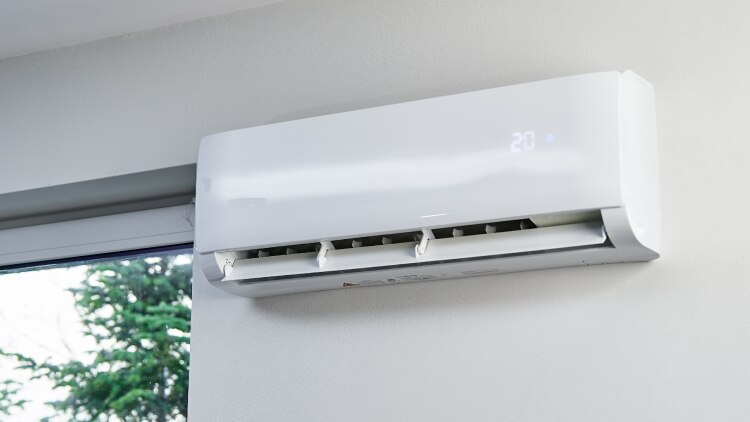

Can You Use Air Conditioning During a Typhoon in Hong Kong? Safety and Practical Guide
Hong Kong is frequently affected by typhoons every summer, leading citizens to close windows to ensure safety during strong winds and heavy rain, which can make indoor environments hot and humid. Many people choose to turn on the air conditioning to cool down, but they worry about whether this is safe, if it could damage the air conditioner, or even pose a fire risk. This article will analyze whether it is feasible to use air conditioning during typhoon weather and provide practical advice.
Expert Opinion: Safety of Using Air Conditioning During Typhoons
In most cases, it is possible to use air conditioning even during typhoon weather, provided certain conditions are met:
- The air conditioner is not installed in the direction facing the wind or on an outer balcony;
- There is no risk of water leakage;
- The power supply is stable without issues of tripping.
Under these conditions, using air conditioning indoors is relatively safe. However, if there are doubts about the stability of the air conditioner or if it is positioned in a wind-exposed area, it is advisable to consider pausing its use.
Potential Risks: Precautions for Using Air Conditioning During Typhoons
1. Risk of Reverse Motor Operation and Overheating
Strong winds blowing towards the outdoor unit of the air conditioner may cause the fan to reverse, leading to abnormal pressure on the compressor, which could result in overheating or even damage to the motor. Such situations not only damage the air conditioner but could also pose a fire risk due to electrical load issues.
2. Risk of Water Ingress and Short Circuits
If the air conditioner is installed at a lower position or facing the direction of the wind and rain, strong winds combined with rain during a typhoon may allow water to backflow into the unit, causing short circuits, unusual noises, or even complete malfunction. Continuing to use an air conditioner that has taken in water can lead to electric shock or unstable power supply.
3. Risk of Falling Air Conditioners
Window-type air conditioners that are not securely installed may be loosened by strong winds during a typhoon with a signal of 8 or higher, potentially falling onto the street and posing a serious threat to public safety. Such units installed on high floors particularly require regular checks on their support structures; otherwise, the consequences could be dire.
Recommendations for Using Air Conditioning During Typhoons
1. Turn Off Air Conditioners Facing the Wind
If your air conditioner is installed facing the wind, it is advisable to temporarily stop using that unit during the typhoon to avoid operational interference from wind pressure and possible damage to the outdoor unit's blades. It is safer to use air conditioning units that are sheltered from the wind or other indoor cooling methods (like fans or dehumidifiers).
2. Reinforce Air Conditioners and Implement Waterproofing Measures
Before the typhoon season, you should check the installation structure of the air conditioner, especially for window units. Use metal brackets to reinforce them and install windproof screws. Seal the joints between the air conditioner and the wall with waterproof adhesive to prevent rainwater ingress and reduce the risk of water damage.
3. Monitor the Operation of the Air Conditioner
While using the air conditioner, pay special attention to any unusual noises, vibrations, or lack of cooling. If any abnormalities occur, immediately turn off the unit and have a professional technician inspect it; do not attempt to dismantle it yourself to avoid exacerbating the situation.
Inspection and Maintenance After the Typhoon
After a typhoon, the following checks should be conducted on the air conditioner:
- Confirm whether the outdoor unit has been displaced, damaged, or tilted;
- Check for any signs of water leakage or unusual odors;
- Inspect walls, electrical wires, and plugs for moisture or wear;
- It is recommended to test the unit for a few minutes before use to observe if it operates stably;
- If necessary, contact a professional air conditioning technician for comprehensive servicing and repairs.
Regularly cleaning the air filter and drainage outlet also helps extend the lifespan of the air conditioner and prevent operational efficiency issues caused by dust accumulation.
In summary, the answer to whether you can use air conditioning during a typhoon in Hong Kong is "Yes, but with caution." The prerequisites are that the air conditioner is properly installed, there is no risk of water ingress, and the location is safe. Citizens should be aware of the risks, follow safety usage guidelines, and proactively check air conditioning equipment before and after a typhoon to avoid potential crises. Most importantly, when safety and comfort cannot coexist, safety should always be the top priority.

